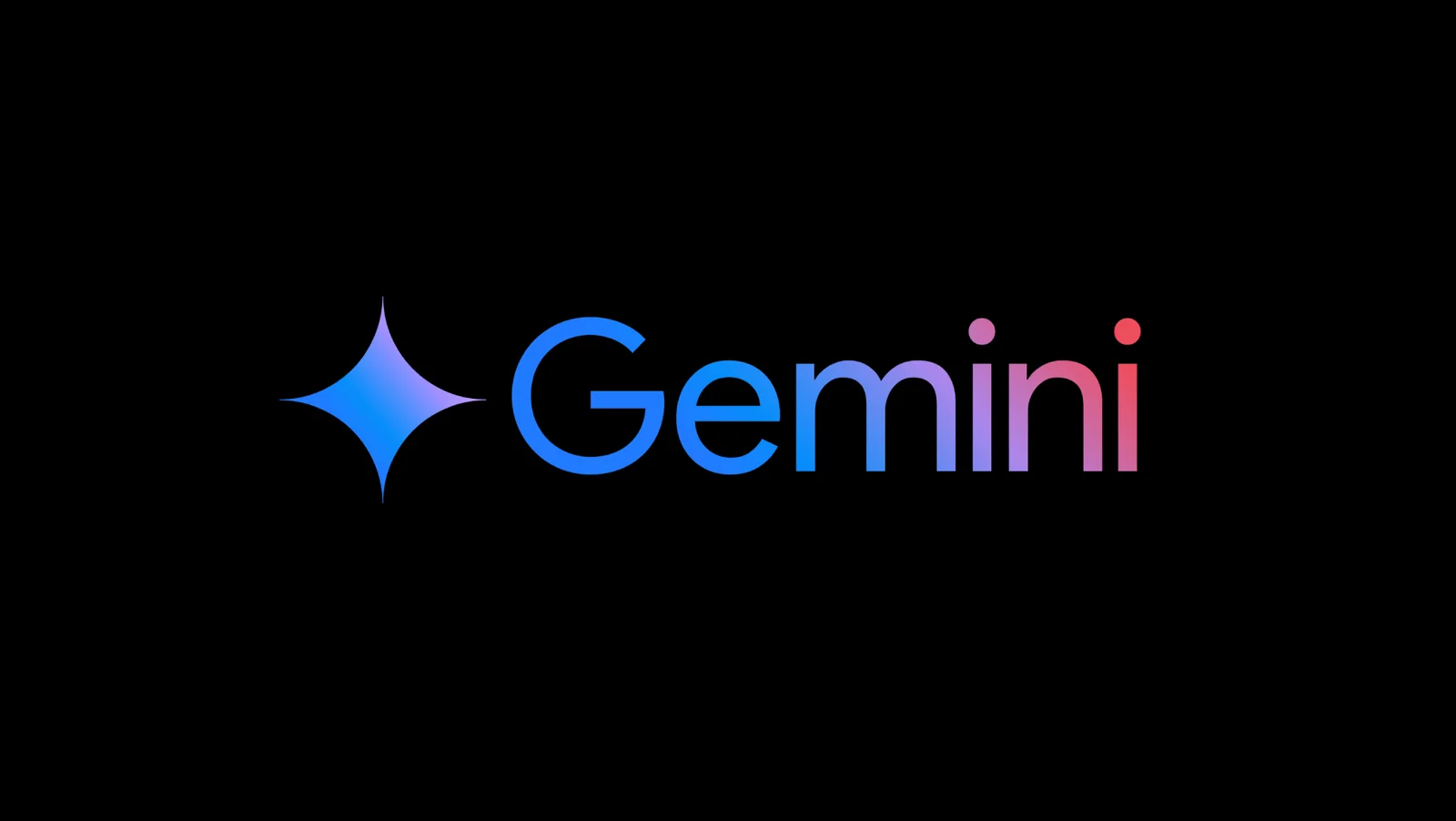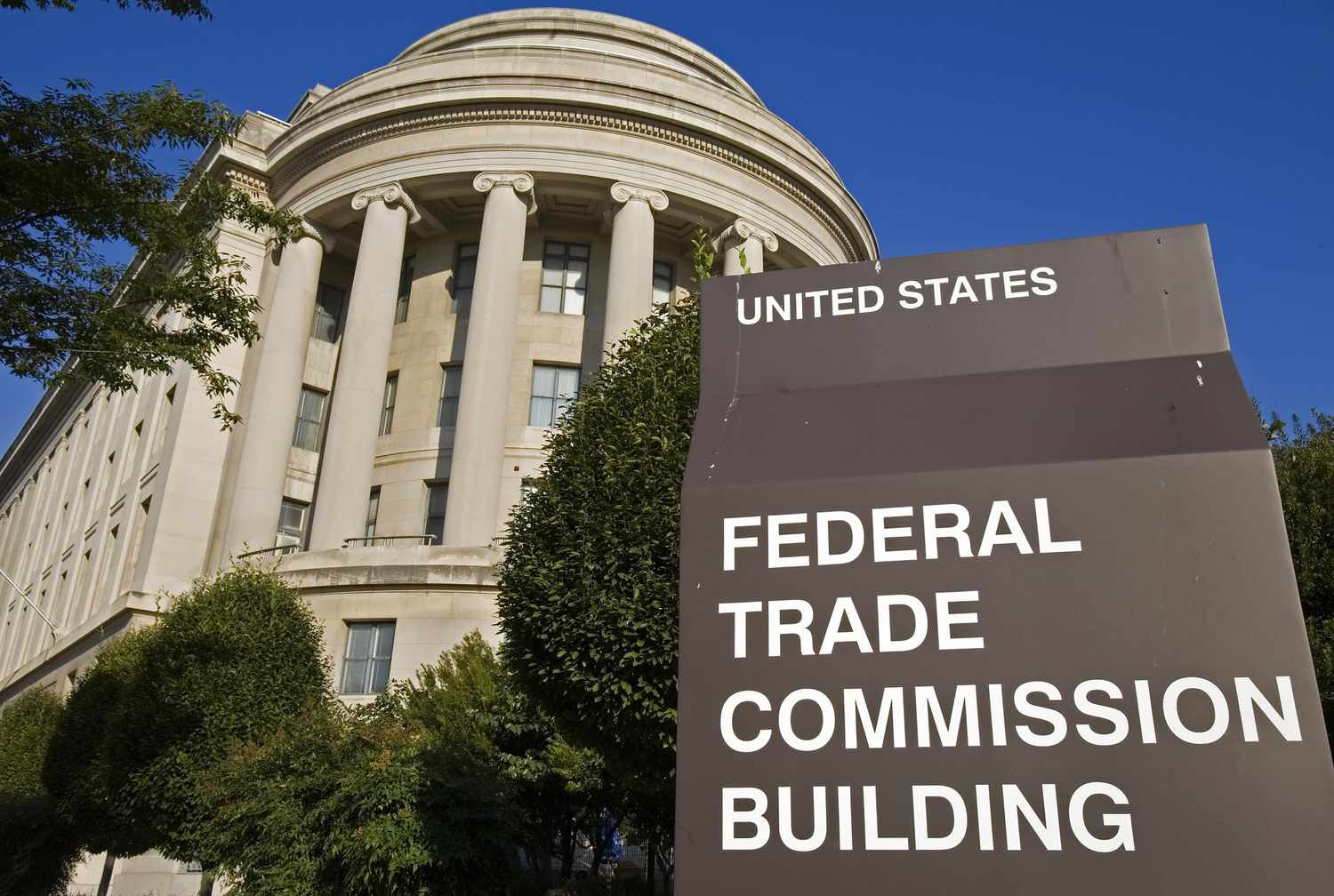Google’s YouTube has announced it will reinstate accounts previously banned for repeatedly posting misinformation about Covid-19 and the 2020 US presidential election. The decision marks another rollback of moderation rules that once targeted health and political falsehoods.
The platform said the move reflects a broader commitment to free expression and follows similar changes at Meta and Elon Musk’s X.
YouTube had already scrapped policies barring repeat claims about Covid-19 and election outcomes, rules that had led to actions against figures such as Robert F. Kennedy Jr.’s Children’s Health Defense Fund and Senator Ron Johnson.
An announcement that came in a letter to House Judiciary Committee Chair Jim Jordan, amid a Republican-led investigation into whether the Biden administration pressured tech firms to remove certain content.
YouTube claimed the White House created a political climate aimed at shaping its moderation, though it insisted its policies were enforced independently.
The company said that US conservative creators have a significant role in civic discourse and will be allowed to return under the revised rules. The move highlights Silicon Valley’s broader trend of loosening restrictions on speech, especially under pressure from right-leaning critics.
Would you like to learn more about AI, tech and digital diplomacy? If so, ask our Diplo chatbot!







